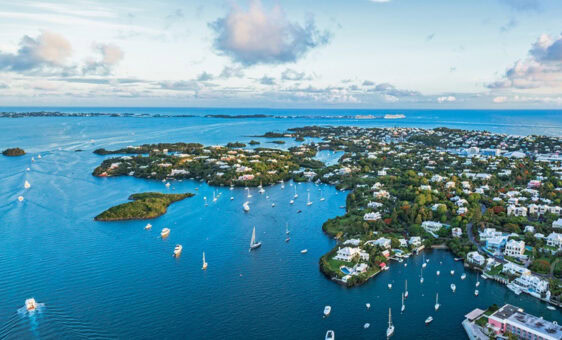The BMA’s position, issued in a notice, was made clear in response to it receiving an increase in enquiries in respect of licensing to re/insure cannabis related risk and the legalisation of cannabis in Canada, which occurred in October 2018.
What this means for Bermuda is that companies can incorporate here and, subject to the appropriate application and approvals, be supervised by the BMA, and be allowed to re/insure cannabis-related risk in foreign jurisdictions.
The notice stresses that it is the responsibility of the BMA-supervised licensed entity to understand the application of foreign laws and comply therewith.
In the conduct of its business, the BMA-supervised licensed entity must continue to adhere to Bermuda’s legal and regulatory requirements as set forth by the BMA and other regulators.
That includes meeting legal and regulatory requirements in respect of anti-money laundering and antiterrorism financing, performing risk assessments of clients, fulfilling the obligation to file Suspicious Activity Reports to the Financial Intelligence Agency and completing source of funds enquiries.
In the notice, the BMA confirms its requirement that source of funds enquiries are sufficient to establish that funds derive from activities that do not predate the legalisation of the cannabis-related activities.
Obtaining adequate insurance remains problematic for those conducting business in the cannabis sector with many insurers remaining reluctant to insure cannabis related risk.
Consequently, it is an industry that can benefit from captive insurance, which is where a parent company wholly owns a subsidiary and the subsidiary is registered as an insurance company to insure the risk of the parent.
Bermuda is the leading domicile for captives globally. In February 2019, the BMA released a statement that said the Bermuda registered captive count was at 711 in 2018 with insurance premiums totalling $40 billion.
The BMA said that 19 new captives had registered in 2018 compared to 17 in 2017, suggesting an upward trend. It was also revealed that, although the majority of new captives originated from the United States, they also came from Europe, Canada, Latin America and Africa.
Canada is of particular interest with respect to the cannabis sector. Insuring risk through a captive enables businesses to obtain customised solutions to their risk needs while centralising costs and administration.
The BMA’s notice reiterated this point by flagging that the new captives covered a diverse range of company structures including pure captives, association captives and long-term captives. The lines of business being written were described as a “good mix”.
If you wish to learn more about Bermuda’s insurance regulation or how Appleby can assist, please engage with your usual Appleby contact or any member of the team.
This column should not be used as a substitute for professional legal advice. Before proceeding with any matters discussed here, persons are advised to consult with a lawyer.




















